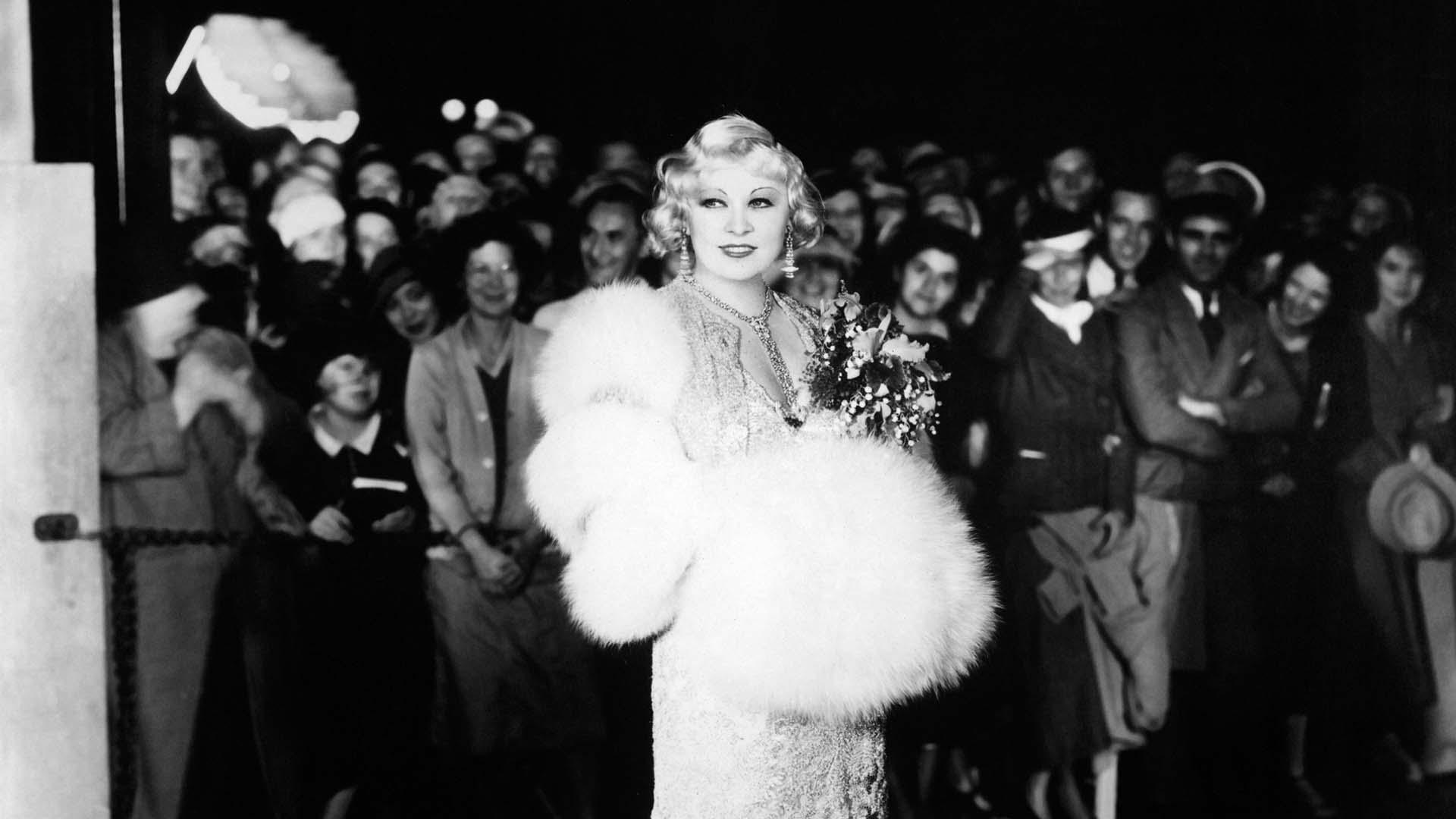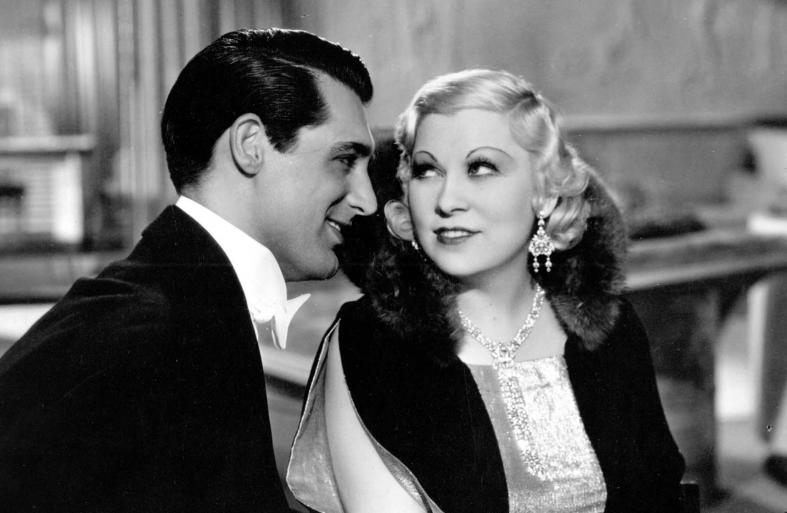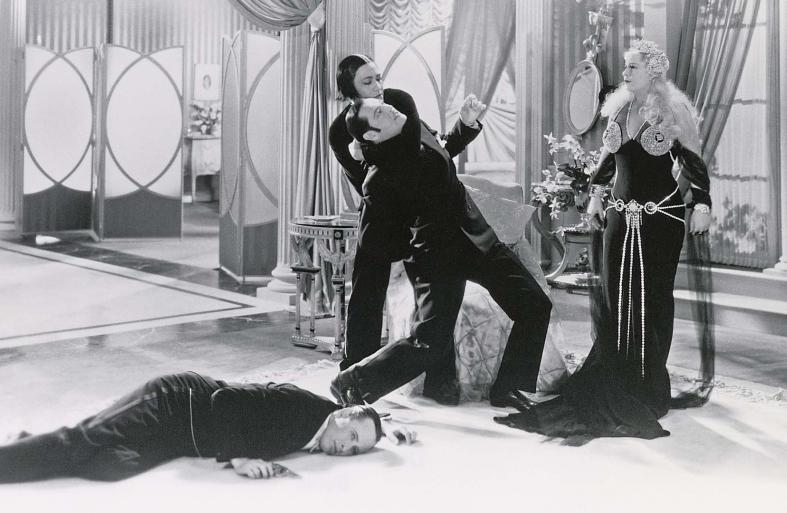In the 1930s, Mae West was the most powerful woman in Hollywood, and even had the second highest salary in the US. She reached this position thanks to a lot of talent and audacity, and with the ability to create a singular female character - it is highly doubtful if there were any others like her in the history of American culture.
She was born in New York in 1893 and from a young age was attracted to the stage, and with the active encouragement of her mother she appeared in vaudeville shows. In the twenties she came to Broadway and wrote, produced, and directed several plays. The most famous of them was simply called Sex, and dealt with the stories of an outcast trying to find true love. More than the artistic matter, Sex provoked outrage and resentment in conservative circles, and despite its success, West was arrested, tried for "corrupting the morals of the youth." The punishment was 10 days in prison or a fine. West used the high-profile trial to go to jail and get herself some more PR. Her subsequent plays on Broadway gained similarly success, although they did not impress theater critics.
In the early 1930s she was invited to Hollywood. She was already almost 40, not an easy age to start a silver-screen career at any period. It didn't bother her. She was given a supporting role, but wrote her own dialogues and stole the show. In her second film, which was based on one of her plays, she was already the star and next to her was the young Cary Grant (she claimed to have discovered him, he claimed that it was impossible to work with her). She Done Him Wrong was a huge triumph and saved Paramount Pictures. Following she immediately went to the film her second feature, I'm No Angel, also with Cary Grant.
In these two films, West is revealed in all her talent - the dialogues are witty and funny, with venomous punch lines that provoke laughter even today. The men are mostly villains, while she stars as a smart, sexy and non-fool woman who knows how to manipulate the situation in the battle of the sexes.
But in the mid-1930s, Hollywood took on a strict code of self-censorship, and West's power weakened. Her dialogues were cut and the studios showed less understanding for the characters she presented. Until the decade’s end, she appeared in other films, the most prominent of which are Goin' to Town (1935) where she demonstrates her talent in singing and seduction, and at the end of the decade she collaborated with the comedian W.C. Fields in My Little Chickadee (1940) - a parody of the Western genre, which to a certain extent was the end of the Hollywood chapter of its two stars.
The program showcases four of West’s works, as well as, a recent documentary about her as part of the excellent PBS series American Masters. This is an opportunity to get to know one of the biggest cultural icons of the 20th century, a strong and unapologetic woman who created a surprising and complex female icon long before the feminist revolutions.





